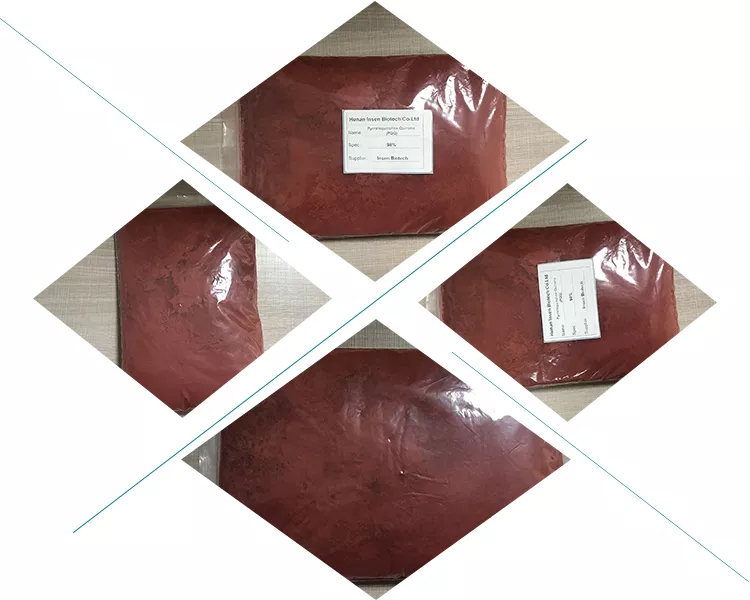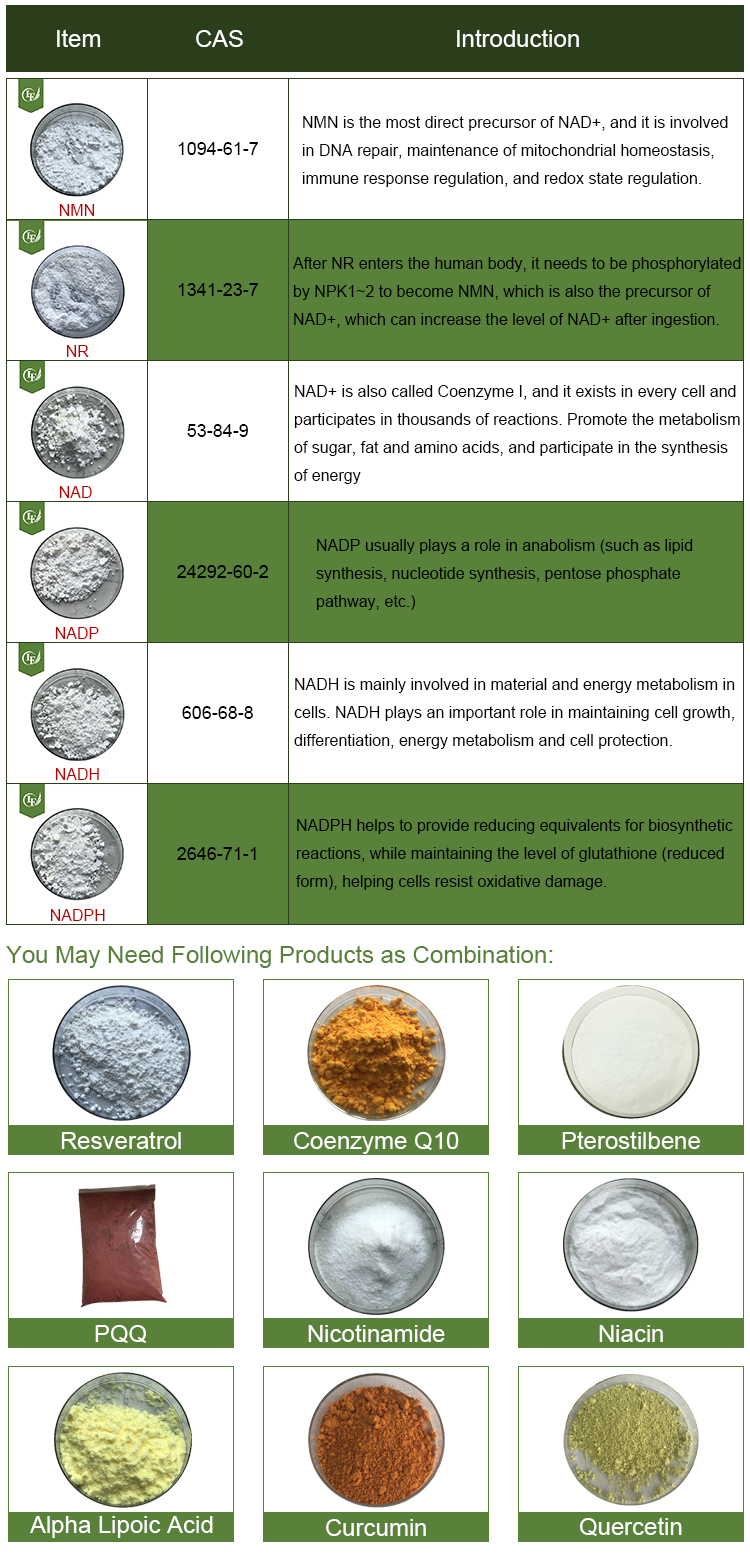Pyrroloquinoline Quinone (PQQ) is a compound that has gained attention for its potential health benefits, particularly its role as a cofactor for some enzymes and its antioxidant properties. While research on PQQ is ongoing, here’s an overview of its efficacy and effects based on the knowledge available up to my last update in September 2021:
Antioxidant Properties: PQQ is a powerful antioxidant, meaning it can help neutralize harmful free radicals in the body. This property is thought to be beneficial for reducing oxidative stress, which is linked to various chronic diseases and the aging process.
Mitochondrial Function: PQQ has been shown to support mitochondrial function. Mitochondria are the cellular powerhouses responsible for producing energy. PQQ appears to enhance mitochondrial biogenesis, improve energy production, and protect against mitochondrial dysfunction.
Neuroprotection: Some research suggests that PQQ may have neuroprotective effects. It could potentially support brain health by promoting nerve growth factor (NGF) production, which is essential for the growth and maintenance of nerve cells.

Cognitive Function: There is preliminary evidence to suggest that PQQ may support cognitive function and memory. It may help improve attention, learning, and information processing, although more research is needed in this area.
Cardiovascular Health: Pyrroloquinoline Quinone may play a role in cardiovascular health. It could potentially help lower blood pressure and improve heart function, but more research is needed to confirm these effects.
Inflammation: PQQ might have anti-inflammatory effects, which can be beneficial in preventing and managing chronic inflammatory conditions.
Metabolic Health: PQQ has been studied for its potential to support metabolic health, including its role in glucose metabolism and insulin sensitivity. However, more research is needed to establish its efficacy in this regard.
It’s important to note that while PQQ shows promise in many areas, more research is needed to better understand its mechanisms of action and its long-term effects. Most studies on PQQ have been conducted in animals or in vitro, and human clinical trials are still limited. Additionally, the optimal dosage and long-term safety profile of PQQ are not yet well-established.
If you are considering using PQQ supplements for any specific health concern, it’s essential to consult with a healthcare professional to discuss potential benefits, risks, and appropriate dosages. Furthermore, it’s important to choose reputable and well-regulated supplements if you decide to use them.
Adverse effects of Pyrroloquinoline Quinone
Pyrroloquinoline quinone (PQQ) is a compound that has gained attention for its potential health benefits, particularly its role as an antioxidant and its ability to support mitochondrial function. While PQQ is generally considered safe when used at recommended doses, there can be adverse effects associated with its use, especially at high doses or in certain individuals. It’s essential to consult with a healthcare professional before using PQQ as a supplement. Here are some potential adverse effects and considerations:
Allergic reactions: Some individuals may be sensitive or allergic to PQQ, leading to symptoms like skin rashes, itching, or hives. If you experience any allergic reactions, discontinue use and seek medical attention.
Gastrointestinal issues: High doses of PQQ may lead to digestive problems, including nausea, diarrhea, or stomach discomfort. Starting with a lower dose and gradually increasing it can help minimize these side effects.
Interaction with medications: PQQ may interact with certain medications, especially those affecting mitochondrial function or energy metabolism. It’s crucial to discuss Pyrroloquinoline Quinone supplementation with your healthcare provider if you are taking any prescription medications.

Hypoglycemia: Some reports suggest that PQQ may lower blood sugar levels, which could be a concern for people with diabetes or those taking medications to control blood sugar. Monitor your blood sugar levels closely if you are using PQQ alongside diabetes medications, and consult with your healthcare provider.
Potential for overstimulation: Pyrroloquinoline Quinone is believed to enhance energy production in mitochondria. In some individuals, this effect may lead to feelings of increased alertness, which could be disruptive if taken too close to bedtime. It’s advisable to take PQQ earlier in the day to avoid sleep disturbances.
Lack of long-term safety data: While short-term use of PQQ appears to be safe for most people, the long-term effects of continuous or high-dose supplementation are not well-documented. It’s important to be cautious and monitor your health if you decide to use PQQ regularly.
As with any dietary supplement, it’s essential to consult with a healthcare professional before starting PQQ supplementation, especially if you have underlying health conditions, are pregnant or breastfeeding, or are taking medications. They can provide personalized guidance based on your specific health needs and concerns. Additionally, following recommended dosage guidelines and not exceeding the recommended daily intake can help minimize the risk of adverse effects.
